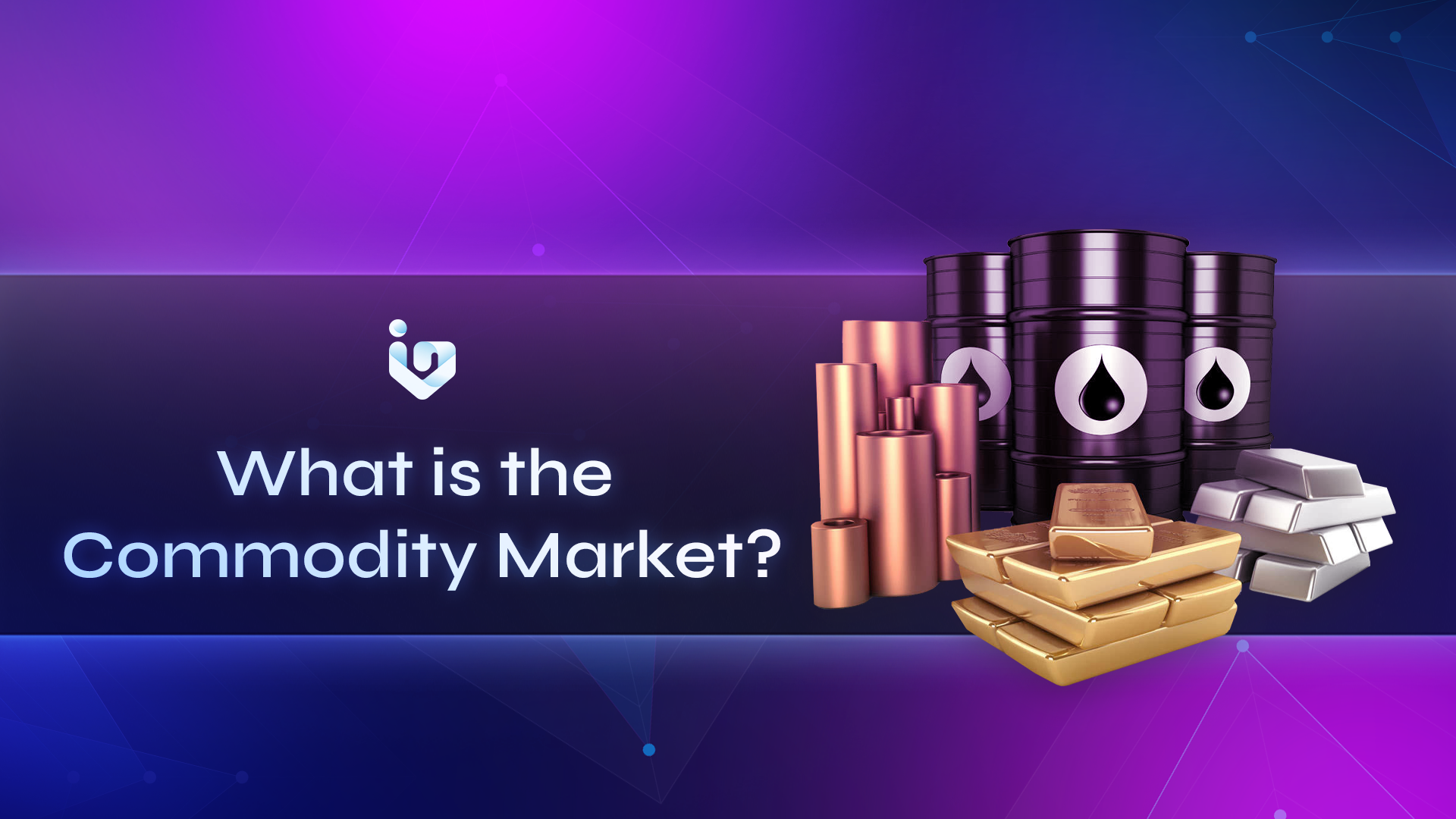The average trader and investor often look toward the stock, bond, and forex markets when diversifying their portfolios. Although these markets often serve the needs of these market participants, there is another market that institutions often turn toward if they want to either make speculative bets or further diversify their portfolios.
The commodities market is where raw materials and primary products are exchanged. Commodity markets can include physical trading of the commodity itself or contracts to the rights of the commodity itself. It also has a lot of inherent volatility. This, along with having a more extensive history to study, lets commodities serve as great investment vehicles for institutions.
Let’s take a deeper look at the ins and outs of commodities.
Types of Commodities
There are three types of commodities. First are the metals. These are further divided into two categories. The non-precious metals category consists of easier-to-find metals. This would include iron, steel, copper, and other metals that aren’t hard to get. The other metal sub-category is the precious metals category. This would include popular metals such as gold, silver, platinum, palladium, and other harder-to-find metals. The second type is agricultural produce. This would consist of coffee, cocoa, wheat, corn, meat, livestock, and others. The last type is energy, which consists of oil, natural gas, and other resources used for energy generation. Among the different commodities, oil serves as the most liquid commodity due to its widespread use in everyone’s day-to-day life. This is followed by natural gas and the precious metals gold and silver – popular inflation hedges.
Importance of Commodities
Aside from trading and investing purposes, the commodities market is widely used by producers and consumers to handle their operations. Aside from being able to obtain larger quantities of the raw materials needed, the commodities market also allows them to hedge their inventories or produce. For example, if a large producer of wheat were to forecast that the prices of their inventory will fall in the foreseeable future, they can opt to hedge their inventory. This would be done by shorting wheat contracts. This would theoretically let them enjoy a price lock in their product. If wheat prices were to fall, they would sell the inventory for lower but it would be offset by the profits from the shorted wheat contracts. In fact, McDonald’s chicken nuggets only came into existence because they were able to hedge against potential volatility in poultry with the help of Ray Dalio.
Economic Analysis
Commodity prices also play a role in economic forecasting. It can serve as valuable data for inflation research and can be used as a measure of economic change. For example, if an analyst forecasts that the price of metal will surge due to a lack of supply, then they would have valuable information on a specific factor that can affect the economy. Oil also plays a huge role in analyzing inflation. Most of the time, big rallies in oil lead to rising inflation for majority of countries.
Commodities Market and Globalization
The further development of the commodities market has also played a big role in globalization. As the interconnectedness of countries is growing, faster and more liquid transactions are needed. The commodities market has made it easier to obtain raw materials for cheap from countries that specialize in its production.
For example, Taiwan is a good exporter of semiconductor all over the world. While China specializes in exporting raw materials such as steel, iron, and etc. Thus, every country play a vital role in terms of commodity as they are trading goods for its common good. It allows individuals and entities to forecast as well regarding the prices of each commodity whether in agricultural produce, energy, or metals.
Spot market, Options market, Futures, and Derivatives
In the commodity market, the spot market simply means buy and sell at a certain price with an immediate delivery, as is. In terms of option market, the option market gives the holder the right but limited for buying and selling (trading). On the other hand, future market is an auction market in which participants buy and sell commodity and futures contracts for delivery on a specified future date. Lastly, the derivatives market is the underlying asset that are based from the futures market or options market.
How commodities can be a part of your own portfolio
Even though mostly institutions take part in this market, everyone has the capability to also trade and invest in commodities. All you would need to do is find a platform and create your account. Once you create and fund your account, you’re free to do all kinds of trades across various markets. Of course, we recommend that you have a strategy first before investing serious amounts into commodities. If you want to learn more about trading, head on over to Investa University!
EASILY FIND THE FASTEST MOVERS IN THE MARKET
Our Market Signals will give you real time prompts on breakouts, breakdowns, and volume spikes that happen across markets in multiple timeframes.
Check it here: www.investagrams.com
